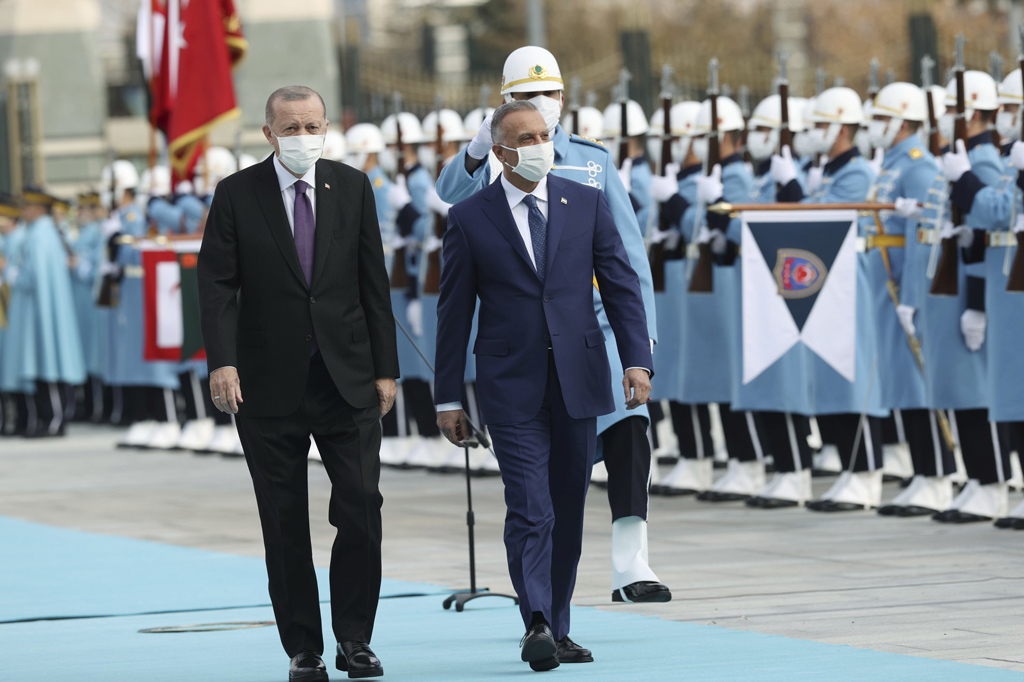
Are Gulf States on the Same Side as the US in the Qatar Rift?
Experts still have unanswered questions about the Gulf Arab countries' decision both in timing and nature that led to this crisis.
Share
It has almost been a month since the beginning of the Gulf crisis in which several countries, in a very drastic move, imposed blockade on Qatar. Since the beginning of this standoff, there have been several developments that have hindered the resolution of the conflict. The 13 article list of demands that were put forth by the Arab bloc demonstrated the intractability of the situation. As mentioned in this column before, if these demands are actually considered reasonable by the listed parties, there is not much hope for the tension's resolution in the near future.
Experts still have unanswered questions about the Gulf Arab countries' decision both in timing and nature that led to this crisis. The tweets from U.S. President Donald Trump shortly after the decision led many to believe it was a coordinated effort by the U.S. and its Gulf allies, most probably decided during Trump's trips to Saudi Arabia and Israel. However, shortly after statements from Secretary of State Rex Tillerson and the remarks from Secretary of Defense James Mattis, perceptions altered once again. People started to consider that the U.S. president may be attempting to make a move that Washington's main foreign policy and security institutions did not sign on to. When Trump doubled down his statements about Qatar during a press conference, the rift in the executive body became even more obvious. Interestingly, since then, we have not heard much from Trump about Qatar. Even more perplexing, little has been said concerning the approval of the sale of F-15s and the beginning of a joint military drill between Qatar and the U.S., which raised questions about U.S.'s approach to the crisis.
If the previous confusion in U.S. foreign policy decision making regarding Qatar was present during Trump's trip to Saudi Arabia, there is definitely a need to talk about the misreading of signals by Trump and Saudi King Salman. Those who argue the presence of such a misreading of the signal started to talk about the possibility of another "April Glaspie moment" in U.S. foreign policy. However, as hours turned into days with no resolution in sight, the Gulf coalition's delusions concerning U.S. policy on Qatar soon evolved into misinterpretations on American foreign policy and its decision-making structure. As mentioned before, there was a generally cooperative vibe between the U.S. and the coalition countries. However, it is not clear at this point if they were able to convince Trump to move against Qatar during his trip. At the moment, there are no signs of change.
If, on the other hand, the Gulf countries thought the U.S. would readily adopt their policies against Qatar, they failed to take into consideration the significant security and military cooperation between the two countries. Likewise, if they assumed irrefutable arguments were made to change U.S. foreign policy on Qatar, a serious miscalculation was made concerning the strength of U.S. policies and its position regarding Qatar. In fact, in the first statement following the eruption of the crisis, the U.S. State Department stressed Qatar's contributions to the fight against terrorism and its support for the U.S. in the region.
Even if the new U.S. administration decided to change its policy, no obvious signs of preparations to shift its strategic relations with Qatar at this point have surfaced. The demands by some officials in the coalition that the U.S. remove its military base in Qatar turned out to be rather premature, especially when there are multiple threats to the stability of the region and international security. Thus, other than trying to spread rumors about Qatar in social media and attempts to correlate the country with terrorism in order to gain U.S. support, there has not been much influential development in this sphere. Unless these countries provide solid evidence of Qatar's connection with terrorism that American intelligence has yet to discover, the U.S. is not likely to remove Qatar from its coalition against Daesh. Moving the military bases from Qatar does not seem to be on the table at this point either. It still is not clear what impact the mud-slinging campaign will have on U.S. foreign policy. At this point, it seems these countries have underestimated American policy and priorities in the region, and the role that Qatar plays in it all. How such a serious miscalculation was made is not clear at this time, but some clues may be found in the list of demands given to Qatar. It seems that every country in the coalition, most significantly Saudi Arabia, the United Arab Emirates (UAE) and Eygpt, all have their own agendas, while at the same time believing the U.S. would shadow each one's national priorities.
[Daily Sabah, July 1, 2017]
Tags »
Related Articles






